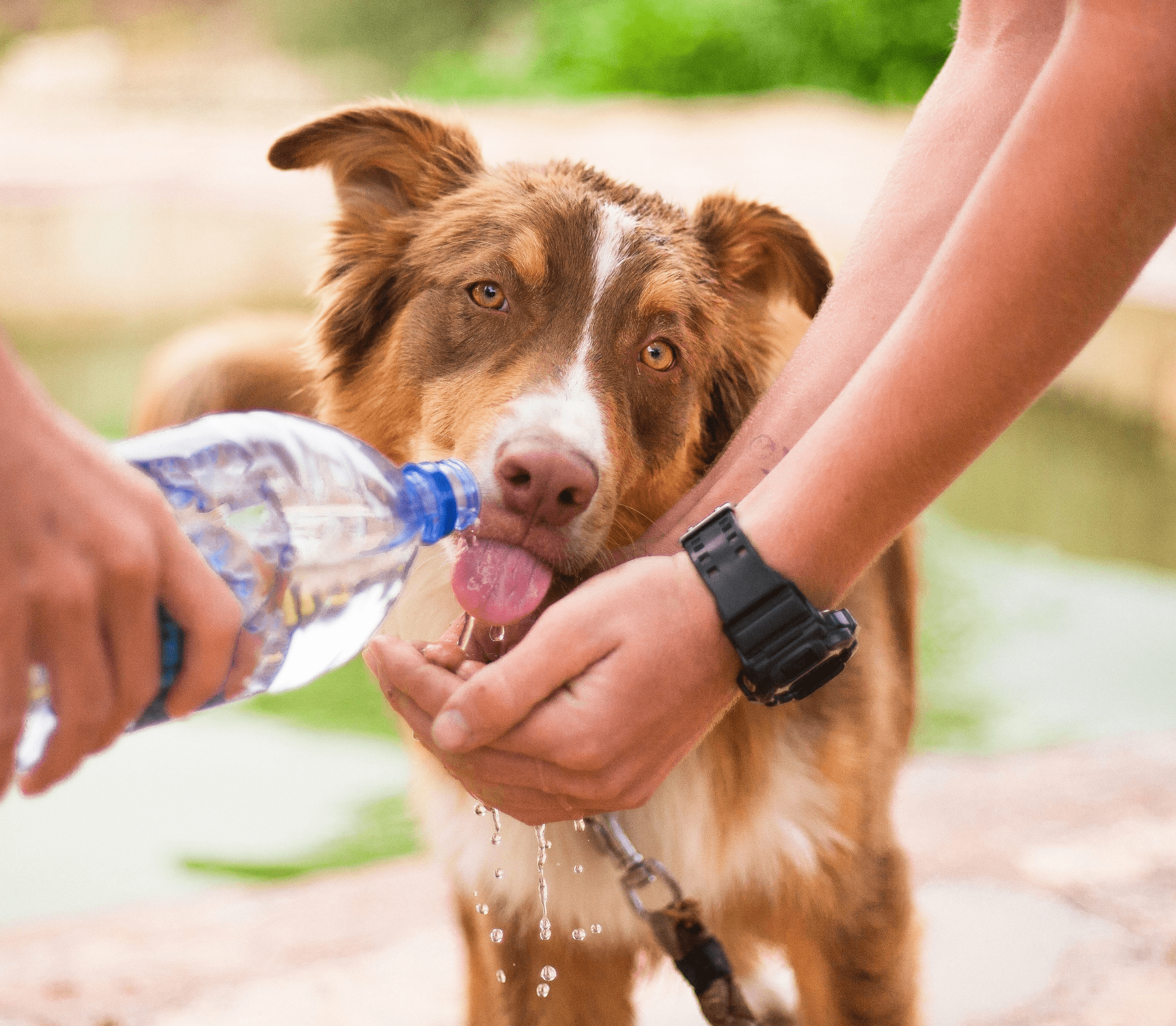Hairball Awareness Day
April 26 th is Hairball Awareness Day. There are lots of cuter pet holidays on our calendar, such as Answer Your Cat’s Questions Day or Dog Biscuit Appreciation Day. However, it is important to understand why kitties get hairballs, and know how to spot signs that there’s something more serious going on. A Hyattsville, MD vet discusses hairballs below.
Hairball Basics
As you probably know, kitties are very diligent about cleaning themselves. Fluffy will swallow some of her own fur during her daily beauty sessions. Unfortunately, she really can’t digest hair. You know what happens next. It’s not the best part of having a cat.
Prevention Tips
Did you know that brushing your furry friend regularly can help reduce the amount of hairballs she produces? This makes purrfect sense, if you think about it: you’ll be capturing that fur with a brush before your pet swallows it. Keeping your furball indoors can also help. Outdoor cats are exposed to seasonal weather changes. They tend to grow thicker coats in winter, which in turn translates to more shedding and, of course, more hairballs. A good diet is important as well. Proper nutrition will go a long way towards keeping Fluffy’s fur soft and shiny, and reducing the amount of dead hair she sheds. Your vet may also recommend hairball prevention products. Last but not least, keep up with your kitty’s parasite control. If your feline pal gets fleas, she may constantly lick or bite herself. This can result in her swallowing even more fur.
Placement
You may have noticed that cats have a bit of a knack for leaving hairballs in spots where they are most likely to get stepped on. The jury is still out as to whether this is something that Fluffy does deliberately. However, it’s worth mention that kitties respond pretty well to bribery. Try offering your feline buddy some catnip or a new toy, and see if that helps!
Warning Signs
Hairballs are never fun for either you or Fluffy. However, sometimes they are more than a nuisance. Occasionally, hairballs get lodged in kitties’ digestive tracts. This can be very dangerous! Watch for warning signs, such as dry heaving, excessive vomiting, and/or reduced appetite. Call your vet immediately if you notice anything amiss.
Please contact us, your local Hyattsville, MD vet clinic, for all of your cat’s veterinary care needs. We are here to help!



